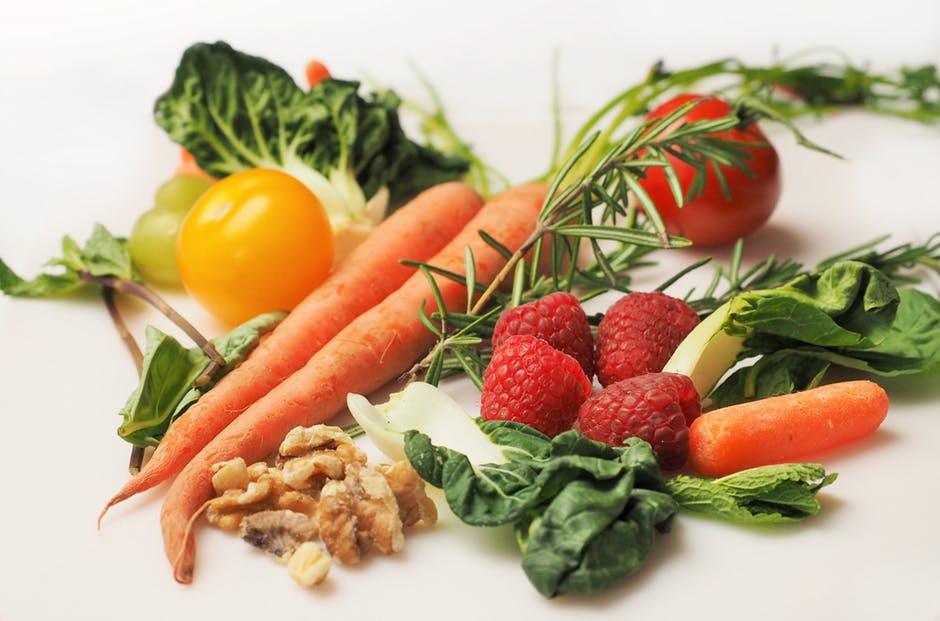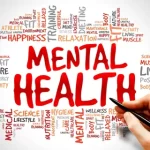Mental health diagnoses are becoming increasingly common, for many reasons. They can be caused by anything from inherent chemical imbalances to lyme disease to the stresses of modern life. While it’s a concern that mental health disorders are so prevalent, their pervasiveness helps dispel stigma so people are more likely to seek treatment and knowledge.
One thing we are increasingly learning as a society is that the foods we eat have a huge impact on our mental health, sometimes even more than medications or therapy. If you suffer from mental health disorders, here are some things to know about how foods can help or hurt your condition.
Table of Contents
What to Eat, What Not to Eat
Caffeine and Chocolate
For disorders like anxiety and ADD, cutting out caffeine can make a dramatic difference. Caffeine is a stimulant, and can exacerbate hyperactivity and anxiety. It can also upset the digestive system and worsen conditions that often accompany these disorders, like irritable bowel syndrome and GERD. Quitting can make you less sensitive and stressed feeling.
Be aware that you may experience withdrawal symptoms, but it will pay off in the long run. Whether you quit all at once or taper down is up to you. Quitting cold turkey can be unpleasant, but you’ll get through the transition more quickly.
Another thing to watch out for is that if you cut out coffee, you may become more sensitive to caffeine and caffeine-like substances in places you wouldn’t expect, like decaf coffee, green tea, and chocolate, so be mindful of your intake and watch how these things affect you.
Sugar and Carbohydrates
Sugar and refined carbohydrates (like white flour) spike your blood sugar, energy, and cortisol levels, which can send you on an emotional rollercoaster. The effect is strongest when eaten on their own, without protein or fat to buffer them. You’ll feel more mentally stable overall if you gradually cut down on sweets and other simple carbs.
It’s easy to get addicted to sugar, but it’s also easy to wean yourself off it: The less you eat, the less you want to eat. If it feels like too much of a struggle to cut it out completely, start by cutting down a little at a time. Use less sugar in your coffee, or have a whole wheat bagel with butter instead of a muffin.
However, while it’s wise to avoid processed carbs and sugars, moderate amounts of healthy carbohydrates are healthy, especially if you suffer from depression. Complex carbs like fruits, starchy vegetables, and sweet potatoes help your body produce serotonin, a natural mood-booster, and give you energy.
Fish Oil
The great thing about using food to help your mental health is that it typically functions as preventive care. In other words, by eating (or avoiding) certain foods on a daily basis, you can improve your baseline mental health, so you feel better every day and are less likely to have more extreme episodes like anxiety attacks.
Fish oil is a great example of preventive nutrition. It has myriad benefits, boosting everything from brain function to skin health. Many who suffer from mental health disorders find that fish oil helps with depression as well as anxiety, so this is a great supplement for people who are managing both conditions. Get it from eating fatty fish like salmon, or find a high-potency supplement and take a small spoonful before a meal once a day.
Game Plan
Being more mindful about what you eat can take a little more effort, which can present a challenge for those already struggling to cope with day-to-day life. But with the right skills and planning, it doesn’t have to be a stressor.
Prep in Advance
Plan and prep ahead of time to make cooking easier. Spend some time thinking about what you’re going to eat throughout the week and shop with this in mind. You can wash and chop veggies ahead of time to make cooking quicker and easier, or go a step further and batch cook your meals in advance.
Make it Easy
Streamline shopping and cooking so they don’t seem overwhelming and make you anxious, or appear an insurmountable chore when you’re depressed. Shortcuts like buying veggies that are already washed and cut up can make cooking seem less like a time-consuming ordeal. Compile a small repertoire of easy meals with minimal prep and ingredients that you can put together without thinking too much. Think in basic formulas, like “protein plus vegetable plus complex carb,” and have a couple different options for each component.
Keep healthy frozen meals on hand for days you just can’t deal with cooking and carry easy snacks with you when you’re on the go. If you have a packet of almonds in your bag or car, you won’t be tempted to pick up a pastry that will make your nerves jangly for the rest of the day.
Simplify Shopping
Before you go grocery shopping, make a list and organize it by area of the supermarket, so you can get in and out of the store quickly and won’t spend time wandering back and forth.
Food delivery services can also make life more manageable for anxiety sufferers. These apps are especially helpful for those who deal with social anxiety, have difficulty driving, or suffer from depression that makes it hard to get up and out of the house.
In addition to having regular groceries delivered, consider ordering meal kits. Shopping by meal rather than ingredient means there are fewer decisions to make, and there are many companies that offer healthy meals low in sugar and high in nutritious vegetables and protein.
Don’t Chase Perfection
If you find yourself getting obsessive about whether what you’re eating is the best thing for you, or if it stresses you out to feel like you’re denying yourself the foods you love, take a step back. It’s okay not to be perfect. If you eat a mostly balanced diet rich in produce, proteins, and healthy fats, it won’t make a huge difference in your overall mental health if you have a treat now and then. In fact, developing a more relaxed relationship with food can make you feel more stable.
Experiment to see how these foods and meal prep strategies work for you. Keeping a food journal can help you to identify patterns and trigger foods. Everybody is different. Over time, the closer attention you pay to your diet, the better you’ll be able to create a healthy lifestyle that works for you.







